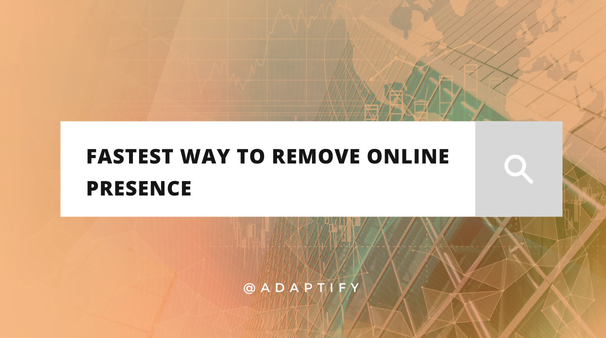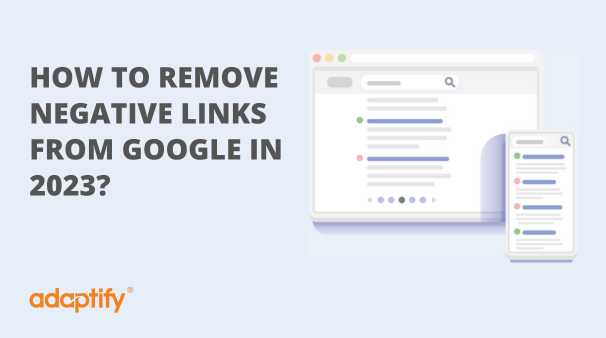An e-commerce website will either support an existing business or be the foundation for a start-up. Regardless of which camp you fall in, considering e-commerce all together takes careful planning and research.
5 minutes required reading time
By Luke Sharkey / Digital Marketing Specialist
Let’s kick things off nice and simple– what is an e-commerce store?
It’s the same as any other website, only it allows users to buy and sell products online. Think of all the big ones you know — Amazon, eBay or any of the online retail stores you buy products from.
E-commerce is growing.
Consumers are turning to online shopping for almost everything; books and clothing to ready-made food. If you’re looking to sell something, then you’d best do it with an online store.
Here you can find some things that you can sell online.
Benefits of e-commerce for small business

The e-commerce advantages
Access to new markets
If your business could instantly enter a new market full of potential customers wouldn’t you choose to do so?
An e-commerce store lets you shake off the limitations a physical store may place on your business, or if you’re looking to start a new business there is no better way to maximise your potential than going online from the get-go.
The potential to enter new markets is all relative to your current capabilities. If you’re a shopfront that only sells to the local street, then going state-wide or even spreading awareness over in the next suburb may be the next step for your business.
However, larger businesses may benefit from entering the international market which is an entirely new ball game. Regardless of where your business is, being online means you can always be seen where you want to be seen.
Data and metrics
Making informed decisions for a business can be difficult when you’ve got nothing to go off. It’s always a smart choice to back your judgement where possible, and the best way to do that is with data and metrics.
An operational e-commerce store will give you information about which of your products your visitors are responding to, the behaviours of your customers and what sort of layouts on your websites work best. This data becomes invaluable when it comes to figuring out what’s working and what’s not. There is data and knowledge about your business that without an e-commerce site, can be hard to collect.
The e-commerce disadvantages

Starting an e-commerce business
Developing and building an e-commerce platform takes a lengthy amount of time and a sturdy investment. It’s no easy decision, but here are 4 topics you should be familiar with before building an e-commerce store.
The almost limitless choices you can make around the design of an e-commerce site can be overwhelming when you’re starting from scratch. Some decisions will directly impact the success of the site and others that are perhaps less important.
Ultimately, it comes down to your business, the customers and the brand you’re trying to portray. At Adaptify, we believe that these critical elements go into making an e-commerce website that is stunning yet persuasive.
Website design
Shipping information
Sales, discounts and promotions
New products
Product descriptions and relevant images
Mobile responsive
There are two critical reasons to have a mobile responsive e-commerce store:
Increase mobile usage
Google penalising non-mobile friendly sites
Over 51% of smartphone users have discovered a new company or product while searching on their smartphone (Google, 2018 ).
Mobile-Friendly e-commerce was once a nice little extra but has now turned into a necessity. To stay competitive your website needs to respond to the increasing usage of mobile phones and tablets.
The increased usage of mobile phones has been so sharp that Google had to adjust its search engine algorithm to include penalising websites for not being mobile responsive.
UX/UI
User experience and user interface is an important part of every successful e-commerce website.
UX and UI matter because they enable you to understand how your customers are interacting with your e-commerce website.
User experience


Best e-commerce platforms for a small business
Choosing the best e-commerce platforms for small businesses comes down to considering the following:
Integrations
Customisation
Responsiveness
Marketing
Integrations
E-commerce platforms will offer integration capabilities with various systems, platforms, and software. This will include everything from plug-ins, applications, and paid tools that assist your e-commerce site in connecting with other platforms.
Depending on the platform, it will offer a list of integrations that are compatible. Always consider an e-commerce site that can integrate with your existing systems or ones you wish to use in the future.
Another integration you must consider is the payment options your customers are likely to use. Depending on the countries you’re accessible to, you may have to consider different credit cards, debit cards, net banking, payment wallets, and even currency conversion.
Customisation

If your admins can access the backend of your e-commerce website with ease then they’ll have a better time tracking inventory, data and making meaningful changes to the website. In turn, this means you’re able to make decisions and modifications on the fly with ease.
A website with a backend that is malleable and easy to navigate allows for you to implement more features into the website that your customers demand. Ultimately, this will improve your user experience and sales as you upgrade your website.
Responsiveness
As we said previously, a mobile responsive website is one that finds success in SEO and customer experience. If you can kill two birds with one stone, why wouldn’t you? A non-responsive website only harms your business in the long run.
Marketing
The platform’s features, integration options and design can all be state of the art but if no one can find the website then what’s the point?
Search engine optimisation matters to websites, but it matters even more to e-commerce stores who rely on new customers to maintain revenue streams. You can use Rebrandly URL Shortener to create a customised URL that allows your eCommerce store to be found easily on search engines than a generic URL.
E-commerce platforms may also offer SEO tools to assist your search engine ranking results. These can come in the form of analytics tools, social media integration, promotion features and more.
In the dynamic realm of ecommerce, harnessing the potential of SEO (Search Engine Optimization) is essential for driving organic traffic to your website. To enlighten you on this subject, we present our blog post titled “7 Top Practices for Driving Organic Traffic to Your Website.” By reading this insightful piece, you’ll gain a profound understanding of how to optimize your ecommerce platform and enhance its visibility, ultimately attracting a wider audience.
Important e-commerce metrics
Average order value
The AOV influences the decisions you make about your margins such as the operating profit, gross profit and net profit. Ideally, your AOV should always be going up; making it an important metric to track and optimise.
Conversion rates
There are 3 conversion rates you need to follow:
How to add items to their cart?
How to reach the checkout?
How many go on to purchase?
Your conversion rates matter because increasing the total site traffic won’t matter if visitors aren’t turning into customers. Conversion rate optimisation and the analysis of your conversion rates will help you get the most from your e-commerce store.
New vs returning customers
Total sales
The e-commerce experts
When it comes to making the right decisions about your business, don’t settle for an agency without the experience or knowledge to back it up. We build websites and e-commerce stores with seamless integrations and robust capabilities. Let’s talk about your next e-commerce store at 1300 423 566.












